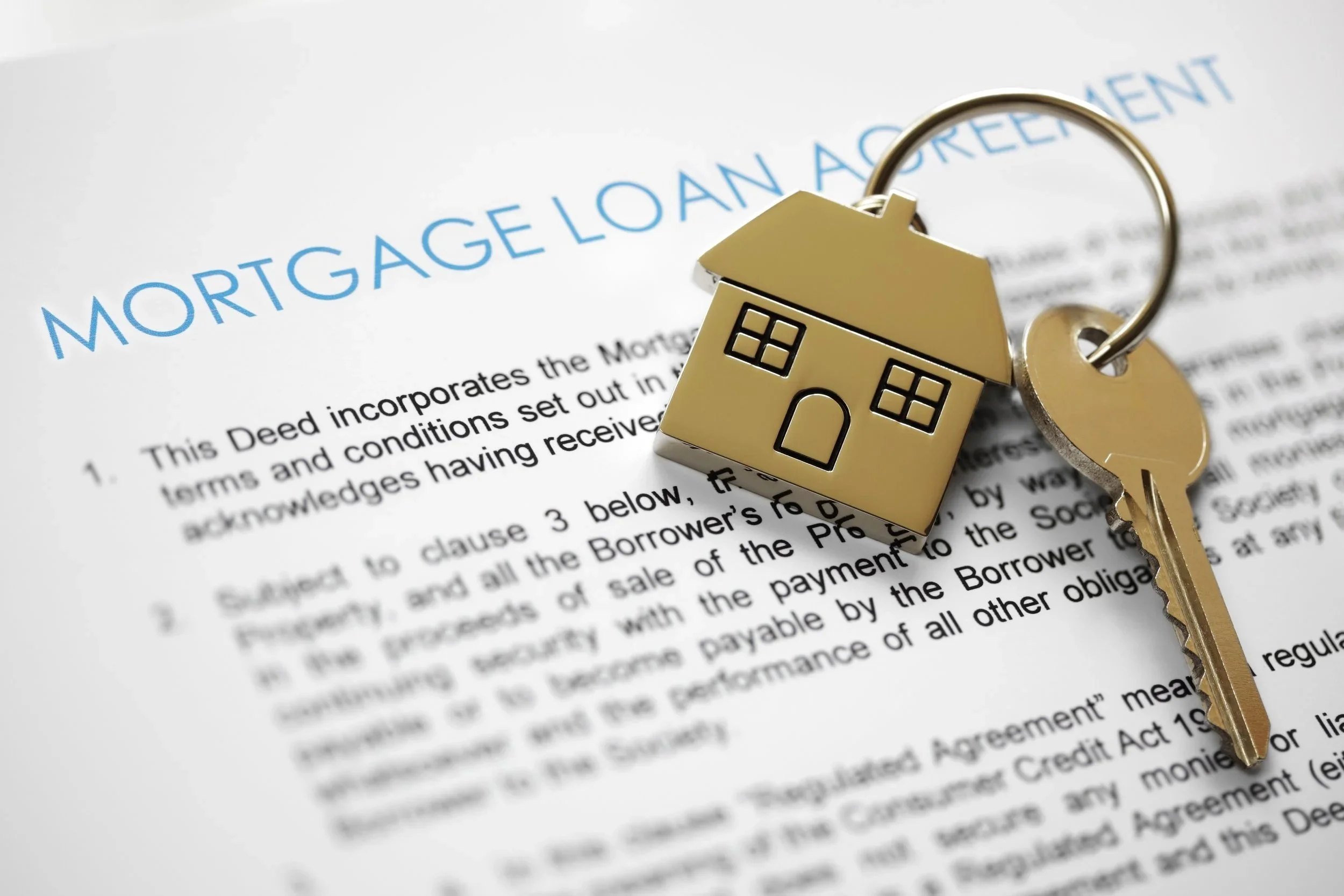The Dangers of Debt, Part 1: The Economic Dangers of Debt
Adapted from Master Your Money by Ron Blue.
“He that goes a borrowing goes a sorrowing.”
- BENJAMIN FRANKLIN
“A bank is a place that will lend you money if you can prove that you don't need it.”
- BOB HOPE
“Neither a borrower nor a lender be; For loan oft loses both itself and friend, And borrowing dulls the edge of husbandry.”
- WILLIAM SHAKESPEARE, HAMLET, ACT 1: SCENE 3
The financial topic of debt is clouded with emotion, misunderstanding, and poor teaching. Before starting, we need to have a clear understanding of debt.
Debt is not a sin! The Bible discourages the use of debt but does not prohibit it.
Debt is never the real problem; it is only symptomatic of real problems: greed, self-indulgence, impatience, fear, poor self-image, lack of self-worth, lack of self-discipline, lack of faith, and perhaps many others.
Debt can be defined many ways. I define it as any money owed to anyone for anything.
There are five different kinds of debt:
(1) credit card debt, (2) consumer debt, (3) mortgage debt, (4) investment debt, and (5) business debt.
In using any of the five kinds of debts, there are always four questions to answer:
Does it make economic sense?
Do my spouse and I have unity about taking on this debt?
Do I have the spiritual peace of mind or freedom to enter into this debt? In other words, am I living in consistency with biblical principles? For example, does it presume upon the future or deny God an opportunity to work?
What personal goals and values am I meeting with this debt that can be met in no other way?
The primary economic danger of debt is that compounding works against you rather than for you. For example, a thirty-year mortgage on a home at 6 percent interest requires that you pay back more than double the original amount borrowed.
Or, to use a car loan illustration, assume the following:
Now, if you purchase another car in five years and again finance it and continue to do this over a working life of forty years, you will have purchased eight cars and paid in car payments $41,582 x 8 = $332,656. The bank received $693.04 per month for 480 months and never had at risk any more than $35,000; they, in turn, reinvested that $693.04 in other loans yielding 7 percent, so that they accumulated over $1.82 million on your total payments of $332,656. What if, instead of making car payments, you paid yourself $693.04 per month and were able to invest that payment at 7 percent? Then you—not the lending institution—would have the $1.82 million!
Don't get me wrong. I am not against buying a new car, nor do I believe bankers are dishonest. (As a matter of fact, I used to own a major interest in two small banks, and I have a son-in-law who has been in banking for over twenty years.) But I am pointing out that consumption has a higher cost than many have ever realized. In chapter 8, I will outline for you the most economical way to buy that new car, because many of us—myself included—enjoy driving a new car.
The second economic danger of debt is that debt becomes a trap. Getting in takes no effort, but getting out can feel impossible. In many cases, borrowing money can be no more difficult than signing your name or, at most, filling out a lengthy form. Even borrowing the initial money for investments or starting a business can be almost effortless. It's so easy. It's like finding money lying on the street. It gives a great feeling of satisfaction and power, at least momentarily. Then it turns and uses its power as a stranglehold on you!
The third economic danger of debt is that it always mortgages the future. With debt, the first priority use of future income becomes debt repayment—not giving, lifestyle, investing, or even taxes! The freedom of choice disappears as you now have a very interested party (the lender) who will insist on getting repaid on time.
The consequences of debt are a paradox. Current marketplace wisdom says to you, “Raise your standard of living by buying what you want and paying for it while you enjoy it,” but the reality is that you may be sentencing yourself to a lower standard of living in the future.
Faith & Finance Perspective
Consider Shakespeare’s quote, “Neither a borrower nor a lender be; for loan oft loses both itself and friend, and borrowing dulls the edge of husbandry.” The intent of the line from this soliloquy suggests that lending (or borrowing) and relationships don’t often mix well.
It also suggests that borrowing money to solve financial issues weakens a person's ability to be prudent and responsible with their own resources, making them less likely to practice frugality, good financial management, and generosity. “Husbandry” refers to the careful management of household finances, and borrowing makes a person less likely to be diligent in saving and spending their own money or supporting Kingdom causes God may invite them into.
Scripture puts it even more bluntly:
“Do not be one who shakes hands in pledge or puts up security for debts; If you lack the means to pay, your very bed will be snatched from under you.”
- Proverbs 22:26-27





